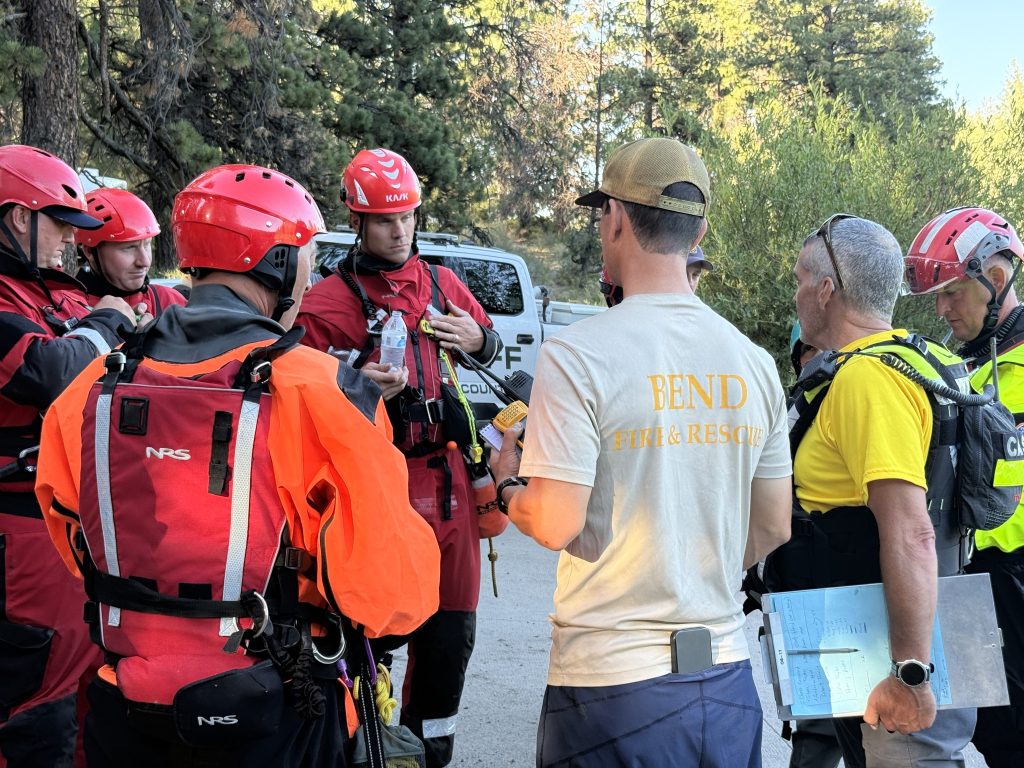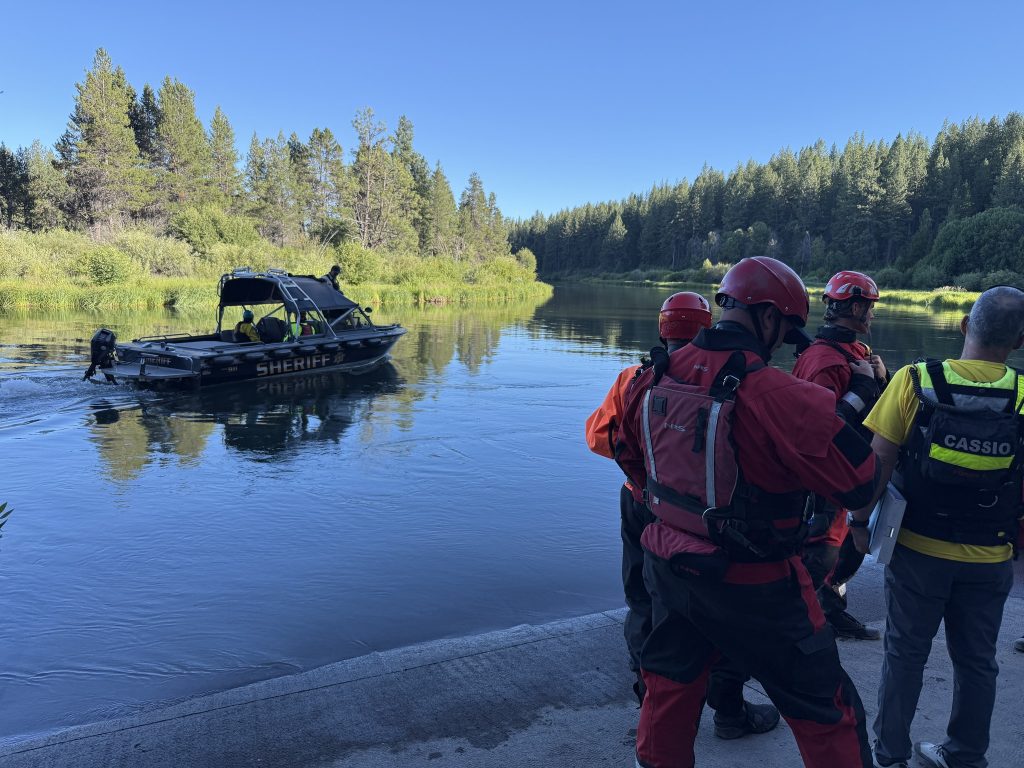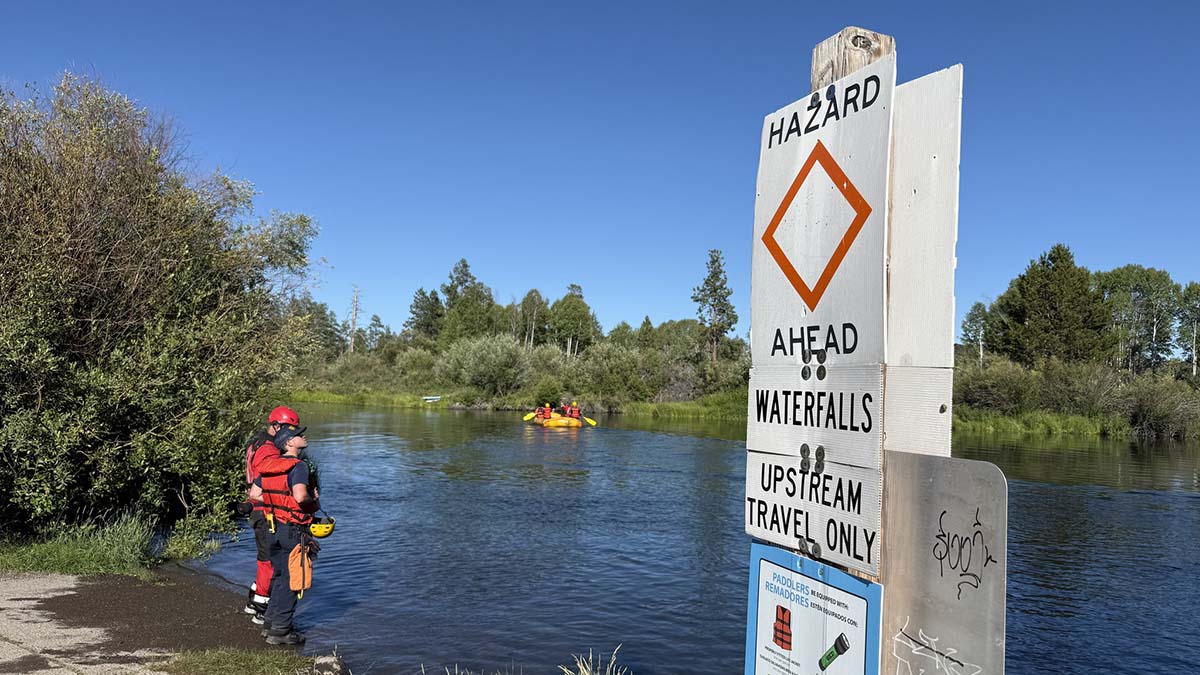The Deschutes River is one of Central Oregon’s crown jewels. Each summer, thousands of people flock to its waters to float, kayak, fish, and soak in the rugged beauty of tumbling waterfalls and lava rock canyons. But this past weekend, the river turned deadly at one of its most dramatic features, Dillon Falls, leaving one person dead, two still missing, and a community holding its breath.

Just before 3 p.m. on Saturday, July 19, tragedy struck when a group of six people was swept over Dillon Falls about ten miles west of Bend in the Deschutes National Forest. The Deschutes County Sheriff’s Office said they received a frantic 911 call that triggered a massive emergency response. Swift water rescue teams, drones, K-9 units, and marine patrol boats were quickly deployed as responders raced against the clock.

When crews arrived, the scene was heartbreaking. Three people had been pulled from the churning river and rushed to St. Charles Medical Center in Bend. One person was confirmed dead at the site. The two remaining members of the group had disappeared beneath the foaming rapids, prompting a desperate search that stretched into the evening and picked back up at first light the next day.
The search has now entered its third day as rescuers continue combing the area for any sign of the missing. Aerial drones have helped pinpoint high-interest spots while teams in yellow rafts and on foot navigate the treacherous terrain. Hazard signs along the riverbank warn visitors to travel upstream only and to wear life jackets, a stark reminder of how unforgiving this stretch of the river can be.

Dillon Falls may only have a fifteen-foot drop, but it is infamous for its dangerous currents and rock-strewn channels. Visit Central Oregon describes it as a “quick, step-ladder-like drop” that transforms the river into a violent series of rapids. While it draws outdoor enthusiasts for its beauty and adventure, it has also proven deadly in the past.
As crews continue their search, authorities have not released the names of the victims out of respect for their families. For now, the focus remains on bringing closure to a tragic day on the Deschutes and reminding visitors of the unpredictable power of Oregon’s waterways.












